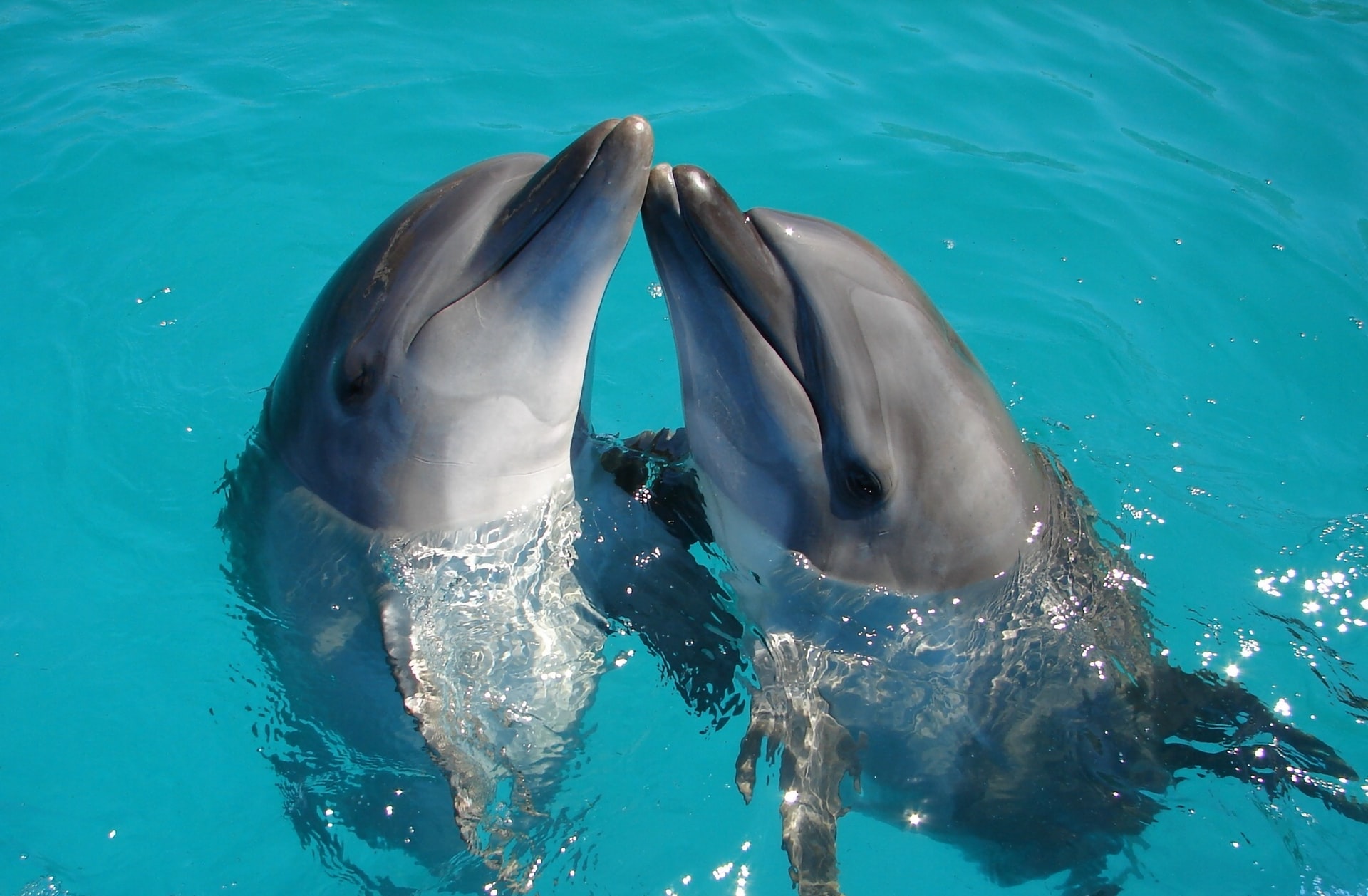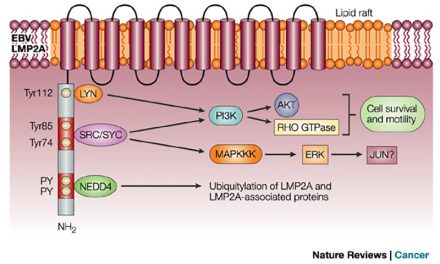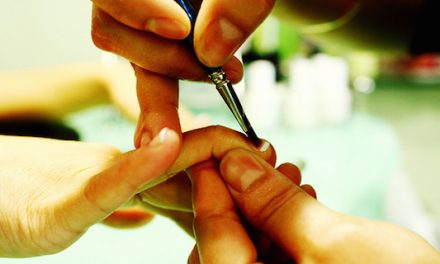Bottlenose dolphins are loving and loyal mothers – they nurse, protect, and play with their youngsters for up to six years. New research released by National Geographic has revealed the first known case of a wild bottlenose mother adopting a calf from another species.
In a first case of its kind known to humans, a bottlenose dolphin adopted a baby whale a few years ago and is still caring for it! And guess what? The baby whale has taken up dolphin behavior because, well, we are shaped by the company we keep. According to National Geographic:
‘In 2014, researchers of French Polynesia spotted a bottle nose dolphin mother caring for an unusual looking calf. The calf was a melon headed whale, a different genus and species than the mother.’
‘Adopting is uncommon among wild mammals, with most occurring between related members of the same species. The whale orphan entered the dolphin group and stayed with the mother longer than even her biological offspring, who vanished mysteriously. It was even found nursing it at times. Female bottlenose dolphins have been known to ‘steal’ babies of other species for brief periods during times of conflict. In this case the mother made an enormous commitment to the orphan. During its 3 years of living with this pod of 30 dolphins, the orphan learned several bottlenose dolphin behaviors, such as surfing.’1
RELATED STORY:
RELATED STORY:
Why would a bottlenose dolphin bother to invest in an infant to which she has no genetic ties? One possibility is that the recent birth of her calf triggered her maternal instincts. Kirsty MacLeod, a behavioral ecologist at Lund University in Sweden said:
“Most likely, it was just a perfect moment for this calf to come along, when [the mother] was at a very receptive period to forming those bonds with her own offspring and it led to this slightly wacky situation.”1
RELATED STORY:
Another driving factor could have been personality. This particular mother dolphin was already well known for her patience of scuba divers in the area. Her easygoing demeanor may be what kept her from displaying typical bottlenose aggression toward non-offspring.
Then there was the cute melon-headed whale orphan himself. The researchers believe his determination to join the bottlenose family and act like them, played a crucial role in the successful adoption. That, along with the striking behavioral flexibility of young dolphins, provided the orphaned whale with a new family to love him.
Source:
Please get on our update list today, as social media is strangling our reach. Join here: http://healthnutnews.com/join THANK YOU!












